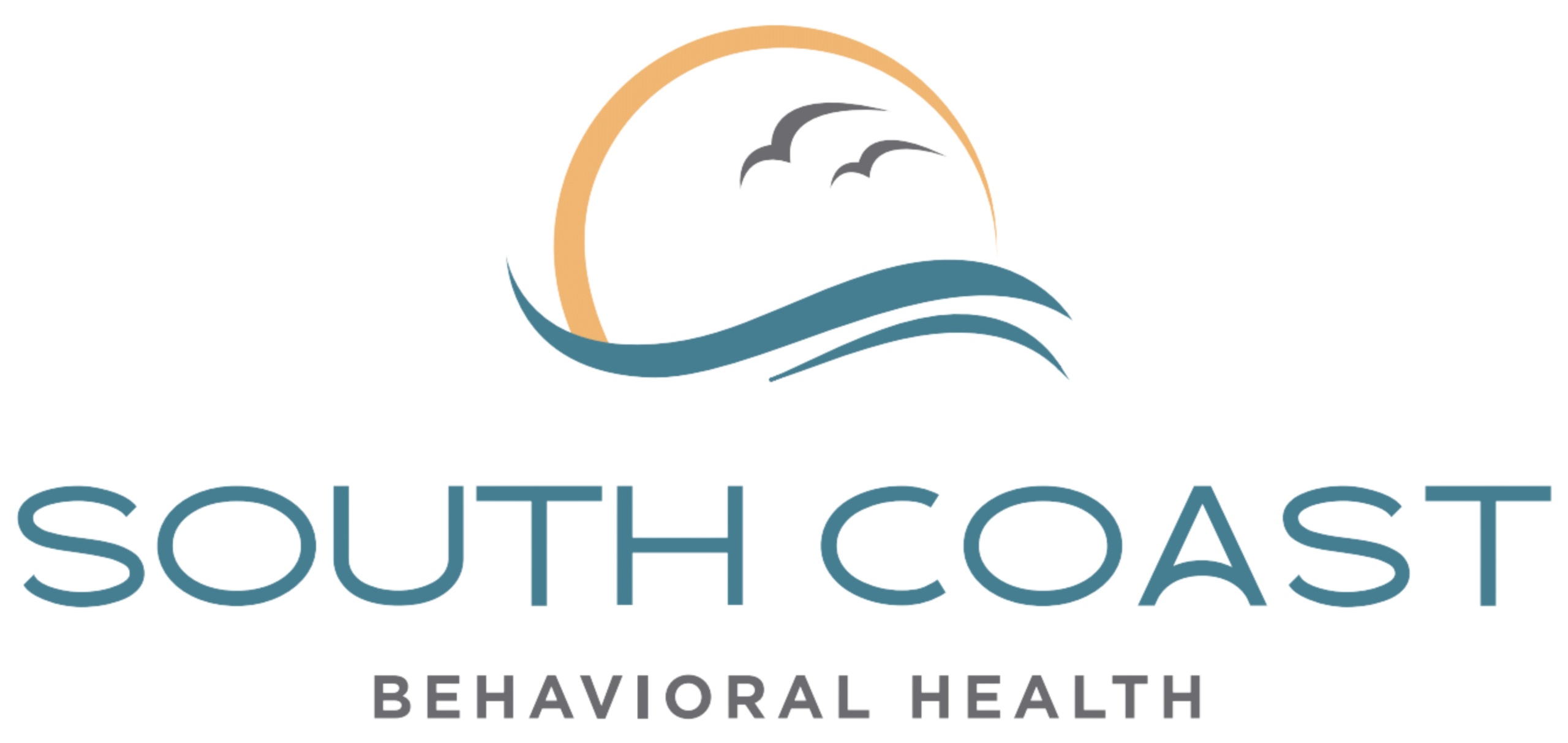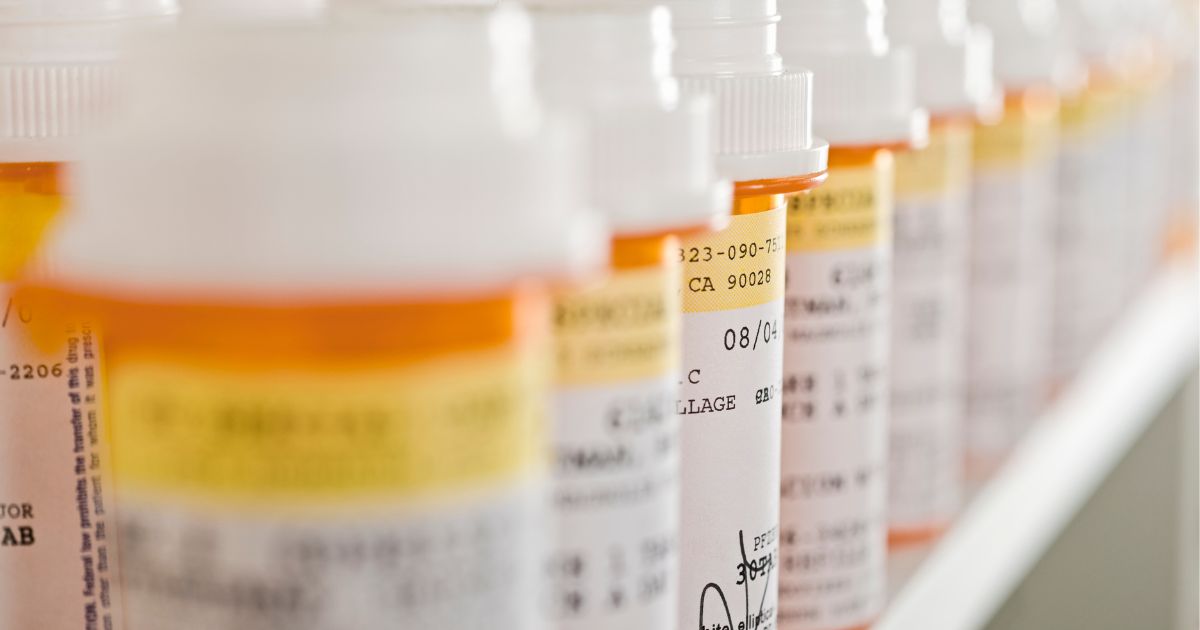If you’re currently deciding whether you or a loved one needs drug or alcohol addiction treatment, it’s not uncommon to feel overwhelmed by all the confusing medical terms associated with going to drug and alcohol rehab. Maybe you’re considering treatment at an outpatient rehab for drug or alcohol abuse, but don’t know where to start. There are many different types of treatments at a recovery center and they all have their own benefits.
When locating the best rehab treatment program, it’s reasonable to have many questions or concerns. After all, addiction treatment may have emotional, physical, and financial consequences. Of course, you want to make sure that you are making the right decision when it comes to rehab near you. Outpatient addiction treatment offers different types of therapy so anyone can benefit.
What Is Outpatient Rehab?
An outpatient rehab program provides clinical structure and support for clients recovering from substance use disorders. Outpatient rehab involves addiction treatments that work around your schedule. Inpatient rehab is different in that it involves living full time at a treatment center. There may be different levels of outpatient care including:
- Partial hospitalization (PHP): This is often known as “day treatment,” where clients attend several hours of treatment throughout the day and return to their homes at night.
- Intensive Outpatient (IOP): This level of care involves several hours of clinical services each week, though it is less intensive than PHP.
- Outpatient (OP): Outpatient is known as the least-restrictive level of care. Clients receive a few hours of clinical services each week.
Outpatient rehab may be a standalone treatment- some clients are admitted directly into these alcohol and drug programs depending on their substance use histories and individual needs. Others will transition into this treatment as part of a ‘step down’ from inpatient or partial hospitalization treatment.
Outpatient treatment is intended for individuals who are ready to launch and utilize their coping skills in the “real world.” While each program’s requirements vary, most facilities require a few hours of structured clinical services several days per week. These clinical services typically include group and individual therapy and case management.
What Is the Difference Between Outpatient vs. Inpatient Treatment?
Inpatient treatment refers to a highly structured treatment that includes 24/7 monitoring, evaluation, and support. During inpatient programs, clients live in the facility and must adhere to the facility’s rules throughout their care. Depending on the inpatient treatment program, your time in treatment may vary in length. However, most inpatient programs vary between 28-90 days.
In general, inpatient treatment is recommended for individuals with severe substance use disorders. Many of these clients have tried lower levels of care (such as outpatient treatment), but have not been able to stay sober successfully. Inpatient treatment is also beneficial for people who need physical and geographical separation from their current environments. If people live in triggering homes (i.e., where other people use), this situation can be an obvious deterrent for recovery.
While in inpatient treatment, clients gain access to a variety of clinical, medical, and social services that include psychotherapy, group therapy, peer support, medical evaluation and treatment, and aftercare services. For the most part, clients spend the majority of their days in mandatory, structured care.
Outpatient care, on the other hand, allows people to live on their own while receiving treatment. This can be incredibly alluring to career professionals or parents of young children. Most programs require only partial clinical services during designated times. Thus, clients usually work or attend school while still receiving clinical care.
The clinical services are similar to those of inpatient care. Most facilities provide therapy, case management, and medical services. However, the focus of outpatient care is largely on successful societal integration. Clinical services often focus on maintaining work-life balance, identifying potential relapse triggers, and improving interpersonal relationships.
Who Is Most Suitable for Outpatient Treatment?
Outpatient treatment can be a viable option for people with mild or moderate substance use disorders. If people will not (or cannot) risk disruptions in their daily routines, outpatient treatment allows for flexibility in managing work and family schedules.
Clients are typically advised against entering outpatient care if they are entering treatment with severe addictions. Most facilities will recommend a formal, medical detox with a transition into inpatient care. That’s because severe addictions require extensive monitoring and support. Individuals may face higher risks for relapse. They may also warrant additional attention for consequences related to their addictions (i.e., managing legal issues, and physical health concerns).
According to SAMHSA’s 2021 National Survey on Drug Use and Health, over 9 million Americans struggle with co-occurring disorders, which refers to the presence of both a substance use disorder and a mental illness. Receiving care in an effective treatment can provide recovery resources in treating both conditions. That said, severe mental illness symptoms (psychosis, suicidal ideation, self-harm, acute disordered eating) may require inpatient treatment. The individual will often need acute psychiatric care until these symptoms can be stabilized.
Finally, people with weak or nonexistent social support may not be suitable for outpatient treatment. One’s living environment can be a ‘deal breaker’ when it comes to a successful recovery plan. This is why it is so crucial for clients to have stable and safe housing when seeking treatment.
What Are the Success Rates of Outpatient Programs?
All treatment success rates vary. Unfortunately, there is limited research on the long-term efficacy of how treatment impacts recovery. That said, research does show that entering formal treatment and staying longer in treatment yields positive recovery outcomes.
A 2014 study measuring intensive outpatient program efficacy rates revealed that such IOPs were equally effective when compared to inpatient or residential treatment. When summarizing their findings, the researchers did indicate that more research was needed to determine the appropriate length of treatment. They also stated a need for more research examining differences in such programs (i.e., the program requirements, duration of care, and intensity of services).
Most experts will agree that successful treatment includes integrative and multidisciplinary care. As mentioned, that includes appropriate, evidence-based treatment for co-occurring disorders like depression and anxiety.
According to research, treatment should also focus on the following core tenants:
- A comprehensive approach to address the full range of issues related to substance use and mental health disorders.
- Accessible, collaborative treatments based on evidence-based resources for people with substance use problems.
- A wide range of supportive resources and facilitators guide people through treatment.
- Access to a continuum of services and supports founded on holistic practices, inner motivation, personal choice, and collaborative partnerships.
- Integration of diverse topics to address the social-structural disadvantages many individuals and communities face that contribute to substance abuse.
- Thorough screening, assessment, and individualized treatment planning to provide the best-suited evidence-based practices for each person during treatment.
- Personalized treatment plans include evidence-based psychoeducational and therapeutic counseling.
That said, recovery rates can seem frustratingly appalling. One large-scale study examining nearly 1200 people entering treatment found that only about one-third of people who are abstinent for less than a year remain abstinent. However, recovery rates do appear to improve with time — those who achieve 5 years of sustained sobriety face less than a 15% chance of relapse.
What Is Success in Addiction Recovery?
Of course, it can be challenging to discern the terms, relapse, and recovery. Does a single slip indicate a complete relapse? Moreover, can (and should) relapse be a healthy and expected part of most recovery processes?
Even professionals often disagree on what constitutes successful treatment. It may not necessarily mean complete abstinence. For some people, it may mean long-term medication management under supervised care.
Moreover, it is important to understand that relapse alone does not mean that treatment has failed. It also does not mean that a treatment center is “bad.” It may merely indicate that a particular mode of care did not work for that client at that time. Rather than perceiving such incidents as failures, it is usually better to look at them as critical learning lessons.
Is Outpatient Rehab Right for My Recovery From Addiction?
Outpatient alcohol or drug rehab can be a beneficial choice for clients looking to transition into real life without being completely on their own. In some ways, this choice represents the ‘best of both worlds.’ However, clients in outpatient rehab must have healthy coping skills in place to help them navigate life stressors related to work, school, and interpersonal relationships.
While you receive professional support and monitoring for substance use disorders in outpatient programs, learning the bulk of these essential life skills is typically done in a higher level of care. For this reason, if you feel like you lack a strong foundation of skills that will help you manage stress, process triggers, and combat cravings, you may require inpatient treatment.
What if Outpatient Rehab Does Not Work?
Outpatient treatment is not a foolproof answer for recovery. Even the best treatment in the world cannot guarantee the end of suffering from addiction if you require a higher level of care.
That said, the following red flags may reveal problems in treatment for substance abuse:
- Chronic relapse (despite the desire for abstinence)
- Declining mental or emotional control
- Worsening or new mental health issues
- Apathy or resistance to change or self-improvement
- Severe interpersonal issues within the community (with either peers or staff)
- Continuous rule-breaking and lack of compliance
Any of these warning signs may indicate either a problem within the client or within the treatment center itself. That’s why having a positive relationship with your treatment team is so essential during your care. These are your professional cheerleaders- the people who are there to encourage you, push you, and hold you accountable for your actions.
You should feel safe and encouraged to voice your concerns with them. It is the responsibility of an outpatient facility to meet your personal needs in treatment in a timely and appropriate manner. Unfortunately, if you do not feel supported by your team, it’s easy to feel unmotivated in your treatment.
If treatment continues to falter, quality outpatient programs will recommend a higher level of care, such as inpatient treatment. While this may seem like a punishment, it is not—the client’s safety and success in recovery are the highest priority. Instead, it is a way to improve the likelihood that the individual receives the care he or she needs.
Outpatient rehab centers also encourage clients to integrate other recovery methods into their daily routines. Such suggestions vary, but they may include increased 12-step attendance, individual, couples, or family therapy, life coaching, or nutrition counseling.
Recovery For Drug and Alcohol Abuse In An Outpatient Rehab
South Coast provides individualized treatment plans that are tailored to each person’s needs and goals, taking into consideration any physical or mental health issues they may have as well as family dynamics. Within our comprehensive treatment programs, we provide a continuum of care that starts in medical detox and transitions clients through inpatient, partial hospitalization, and intensive outpatient treatment.
Our team of experienced professionals is dedicated to helping our clients achieve lasting success in their recovery journey by providing them with the tools and support they need. We also provide access to community resources and support groups, so clients can find the help they need when they need it. Drug addiction doesn’t have to ruin your life when the benefit of outpatient rehab and evidence-based treatment is so obvious. We can help with alcoholism treatment, meth addiction, opioid addiction, fentanyl addiction treatment, and all other substance use disorders.
No matter what stage of recovery you are in, we can help you create a plan that is right for you. Contact us today at 866-881-1184 for an insurance verification or to learn more about our outpatient rehab services!
REFERENCES:
- Substance Abuse Intensive Outpatient Programs: Assessing the Evidence – PMC
- Seven Core Principles of Substance Use Treatment System Design to Aid in Identifying Strengths, Gaps, and Required Enhancements – PMC
- Co-occurring disorders and Other Health Conditions – SAMHSA























